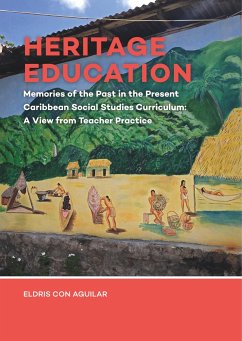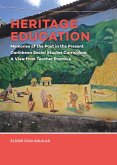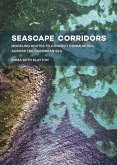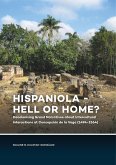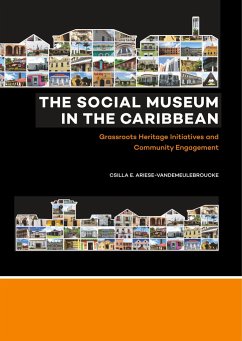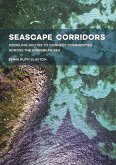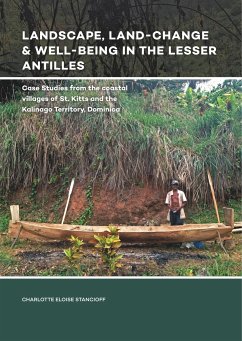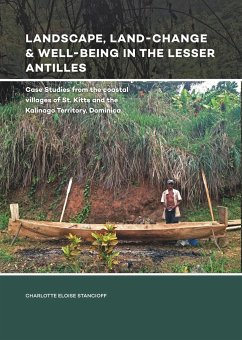This book compiles the results of a doctoral research study that sought to gain insight into how indigenous heritage is represented in the school curriculum for social studies. To this end, the questions focused on studying the relationships that are formed between individuals and the past in the school context. Taking into account teachers' perspectives on subject content and pedagogical practices can contribute to gaining a better understanding of the role of education in safeguarding heritage.Heritage is continuously under threat from natural disasters; in recent years, the Caribbean region has suffered due to the increasing effects of climate change. But cultural and natural heritage are also threatened by human activity when members of a society forget their relationship with heritage and consequently stop caring about safeguarding it. A negligent attitude toward heritage can lead to acts of vandalism and destruction. Such a scenario poses special challenges to the educationsector, which is ultimately seen as a source for positive change and development in society.This study, aimed at investigating the use of heritage education in the classroom, treats this subject in the form of analyses of three country case studies: the Dominican Republic, Dominica and Saint Kitts and Nevis. Along these lines, results were drawn from an informed analysis of educational policies concerning cultural heritage as well as accounts of teachers' perspectives on subject content and pedagogical practices. This study sought to shed light on the pedagogical practices used by teachers in the context of the three countries that formed this research.This research ultimately seeks to contribute to the fields of heritage education, teacher education and Caribbean studies by understanding the role of teacher knowledge and practices in safeguarding heritage-in this particular investigation, with a focus on the indigenous heritage of the Caribbean.ContentsContent: List of figuresList of tablesAbstractAcknowledgmentsChapter 1 General introduction: Perspectives on teaching indigenous heritage in the CaribbeanChapter 2 Heritage education and teaching PracticeChapter 3 Methodology "Approaches to assessing indigenous heritage education from the teachers' perspectives"Chapter 4 finding Liamuiga: teaching indigenous heritage education in Saint KittsChapter 5 Teaching indigenous heritage in the Dominican Republic: Memories of Quisqueya in the classroomChapter 6 The presence of Wai'tu kubuli in teaching history and heritage in DominicaChapter 7 discussion: the role of teachers in the formation of a balanced Caribbean identity within the framework ReferencesAppendixes
Hinweis: Dieser Artikel kann nur an eine deutsche Lieferadresse ausgeliefert werden.
Hinweis: Dieser Artikel kann nur an eine deutsche Lieferadresse ausgeliefert werden.

